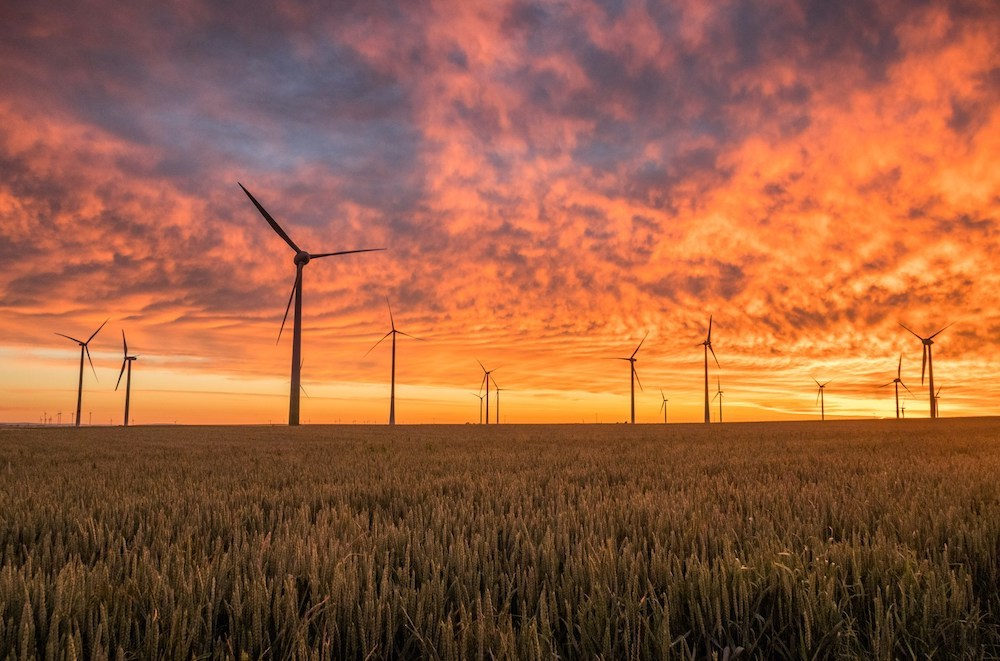
- Details
- By Chez Oxendine
- Energy | Environment
Tribal leaders are being invited to weigh in on proposed tax regulation rules that could impact their nations’ access to clean energy tax credits.
In a letter issued last week, United States Treasurer Chief Lynn Malerba (Mohegan) invited tribal leaders to an upcoming consultation where they can offer input on proposed final rules that affect how tribal governments and other eligible entities can benefit from tax credits.
Scheduled for April 5, 2024, the virtual consultation will focus on proposed rulemaking for elective pay tax credits administered by the Internal Revenue Service (IRS). Enabled by the Inflation Reduction Act, elective pay tax credits allow certain entities that don’t pay federal income tax, including tribal governments, to benefit from clean energy tax credits.
The change in the tax code allows, for the first time, federally recognized tribes to use tax credits to secure financing and reduce costs on renewable energy and clean energy projects built on tribal lands. The new rules establish the requirements for potential partnerships and LLCs that wish to utilize elective payments for tax credits on projects.
Alliance for Tribal Clean Energy CEO and President Cheri Smith (Mi’kmaq) applauded the rules’ “progressive stance” in an email to Tribal Business News.
“Unlike previous regulations, these new rules hold promise for tribal inclusion, a crucial step towards equitable representation in the clean energy economy,” Smith wrote. She praised Malerba for her leadership and also credited Treasury Director of Tribal Affairs Fatima Abbas (Haliwa Saponi) for the positive steps forward. “The forthcoming Tribal Consultation announced in the Notice of Proposed Rulemaking marks significant progress, and we look forward to further guidance regarding the implications for project development partners.”
Without the rule changes, many project partnerships wouldn’t be eligible for the elective pay criteria. Moreover, it remains unclear if tribally chartered organizations — such as economic development investment arms, or subsidiary companies — are eligible to create partnerships and deals eligible for the elective pay credits.
The current rules stifle potential partnerships that could provide tribes with much needed investment and understanding of how to build, maintain, and generate revenue through burgeoning renewable utilities, according to energy attorney Pilar Thomas (Pascua Yaqui), a partner at the Quarles & Brady LLP law firm.
“The way it currently operates, bringing in an outside investor on an elective pay project is going to be a huge challenge,” Thomas told Tribal Business News. “Tribal folks, myself included, and others have said these [rules] aren't feasible - you have to be able to let us do it the way the industry currently does it.”
The rule changes — and new consultation opportunity — come after a round of previous consultations that amplified confusion and concerns around existing rules for elective pay. Per feedback provided to the Treasury during those consultations, existing rules didn’t go far enough in solving one of the chief problems facing energy projects on tribal lands - attracting and partnering with private investors to help with construction, maintenance, and training costs.
Feedback from tribes included questions about heading up projects with section 17 corporations and tribal enterprises, including their economic development arms.
Tribes also expressed concerns about the different ways tribal governments are structured and how that could interfere with securing elective pay credits.
Still, concerns and confusion around elective pay and direct pay have done little to stifle excitement about “game-changing” tax credits programs, according to Smith. Elective pay and direct pay could “transform” how energy infrastructure is built in Indian Country, but there is considerable concern about timing, Smith told Tribal Business News.
A potential change in the White House could bring rollbacks to the Inflation Reduction Act, which enabled these measures in the first place.
“The clock is ticking and loudly, so we want to get shovels in the ground, so as much of this funding and these credits can be deployed in case they do go away soon,” Smith said in a prior story. “It's very much about building the right relationships and being in the right relationship. Energy has proven to be this really powerful place to intervene in the breakdown of the trust responsibility of our government - this is the ideal place to repair that while we get this structure built.”
Tribal Consultation Details
A virtual tribal consultation has been announced for April 5, per a statement from the US Treasury. The consultation will be held from 1 p.m. to 3 p.m. EST. In addition, the Treasury will receive written comments at [email protected] through 11:59 p.m. EST on May 10.
